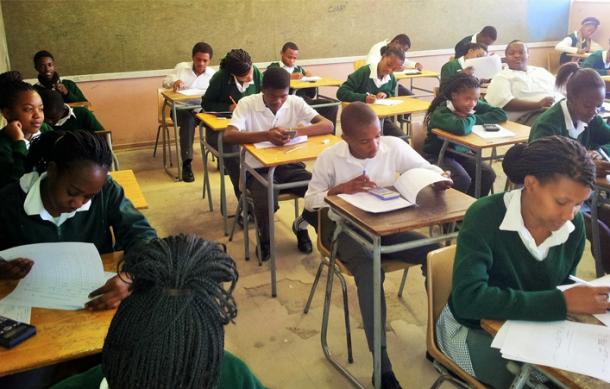
The Basic Education system will revert to a three-term school calendar in 2026.
This was revealed by the Director of National Examinations and Assessment, Clemmentine Tsumis-Garises, in a One-On-One interview.
Originally, Namibia had three school terms, but that system changed during the outbreak of COVID-19 between 2019 and 2021.
The need for two school terms was then necessitated to ensure the safety of learners and teachers.
However, there have been complaints about the length of each term going up to six months.
"With COVID, the wintertime was critical, so we had to have winter holidays. Now Covid is no more; parents are also calling, saying it's too long. This semester is too long, so we need learners to be more often at home also to give them a breather. So, that is where the trimester is coming back."
According to a report released last year titled 15 School Day Report for 2024, produced by the Education Management Information System within the Ministry of Education, there were close to 900,000 learners countrywide as of February 2024.
The Ohangwena Region had the highest number of learners at 121,119, which is 11,736 more than Omusati, which had the second-highest number at 109,383 pupils.
Ohangwena also had the highest number of teachers, whereas Omusati had the highest number of schools, 10 more than in Ohangwena, with the second-highest number of schools.
Omaheke and ||Kharas remain the regions with the lowest number of schools and learner enrolments.
At the time of the 2023 census, the national learner-teacher ratio stood at 26.9, with regional variations ranging from the highest at 31.7 in Kavango East to the lowest at 23.9 in the Zambezi Region.
The Director of National Examinations and Assessment added that the call for a return to three terms is a call from the nation and that they have heard their voices.
"We have done research, and the call is from the nation to change. When do we anticipate the third-term scenario to be implemented? most probably next year, 2026".





